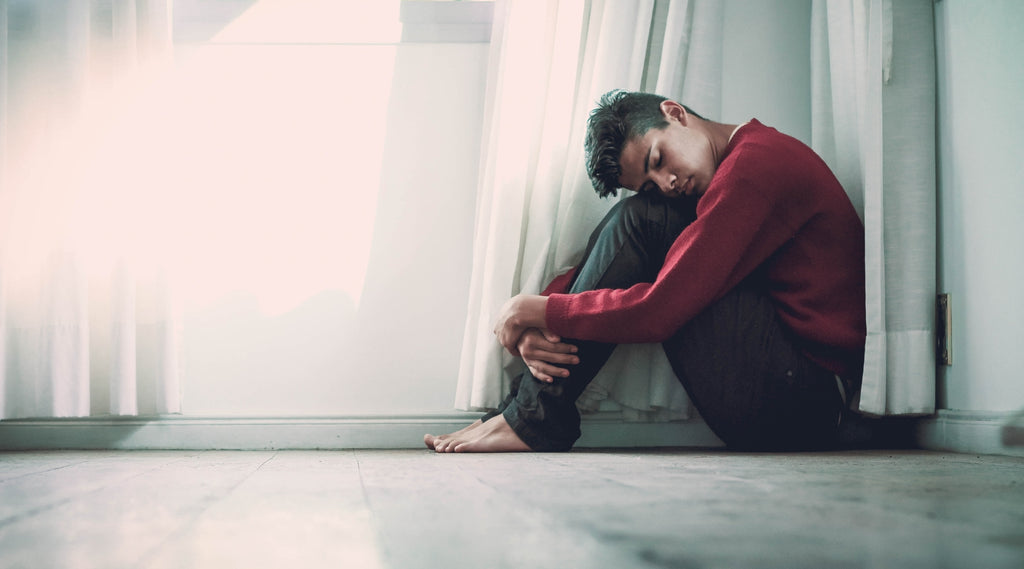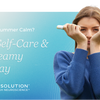Lack of Sleep and Anxiety


Like the chicken and the egg, you may be wondering what comes first: an anxiety disorder or a sleep disorder? Well, to satisfy your curiosity, either one may come first. Anxiety may cause issues with sleep and now new research is suggesting that sleep deprivation can cause an anxiety disorder.
It’s important to seek out treatment options if you or a loved one is suffering from an anxiety or sleep disorder as there are serious health risks involved. For instance, those with anxiety disorders are at risk for heart disease and failure, an irregular heartbeat, high blood pressure, strokes, obesity, and even diabetes. A serious lack of sleep, on the other hand, can lead to poor performance, and an increased risk of injury among other health problems.
According to the Anxiety and Depression Association of America (ADAA), here’s how to reduce anxiety and sleep more soundly on your own:
Reducing Anxiety
- Focus on your breath — breathe in and out slowly and deeply — and visualize a serene environment such as a deserted beach or grassy hill.
- Regular exercise is good for your physical and mental health. It provides an outlet for frustrations and releases mood-enhancing endorphins. Yoga can be particularly effective at reducing anxiety and stress.
- Prioritize your to-do list. Spend your time and energy on the tasks that are truly important, and break up large projects into smaller, more easily managed tasks. Delegate when you can.
- Play music. Soft, calming music can lower your blood pressure and relax your mind and body.
- Get an adequate amount of sleep. Sleeping recharges your brain and improves your focus, concentration, and mood.
- Direct stress and anxiety elsewhere. Lend a hand to a relative or neighbor, or volunteer in your community. Helping others will take your mind off your own anxiety and fears.
- Talk to someone. Let friends and family know how they can help and consider seeing a doctor or therapist.
Sleeping Soundly
- Make getting a good night’s sleep a priority. Block out seven to nine hours for a full night of uninterrupted sleep and try to wake up at the same time every day, including weekends.
- Establish a regular, relaxing bedtime routine. Avoid stimulants like coffee, chocolate, and nicotine before going to sleep, and never watch TV, use the computer, or pay bills before going to bed. Read a book, listen to soft music, or meditate instead.
- Make sure your bedroom is cool, dark, and quiet. Consider using a fan to drown out excess noise, and make sure your mattress and pillows are comfortable.
- Use your bedroom as a bedroom — not for watching TV or doing work — and get into bed only when you are tired. If you don’t fall asleep within 15 minutes, go to another room and do something relaxing.
- Regular exercise will help you sleep better but limit your workouts to mornings and afternoons.
- Avoid looking at the clock. This can make you anxious in the middle of the night. Turn the clock away from you.
- Talk to your doctor if you still have problems falling asleep. You may need a prescription or herbal sleep remedy.
Resources:
https://adaa.org/understanding-anxiety/related-illnesses/sleep-disorders




